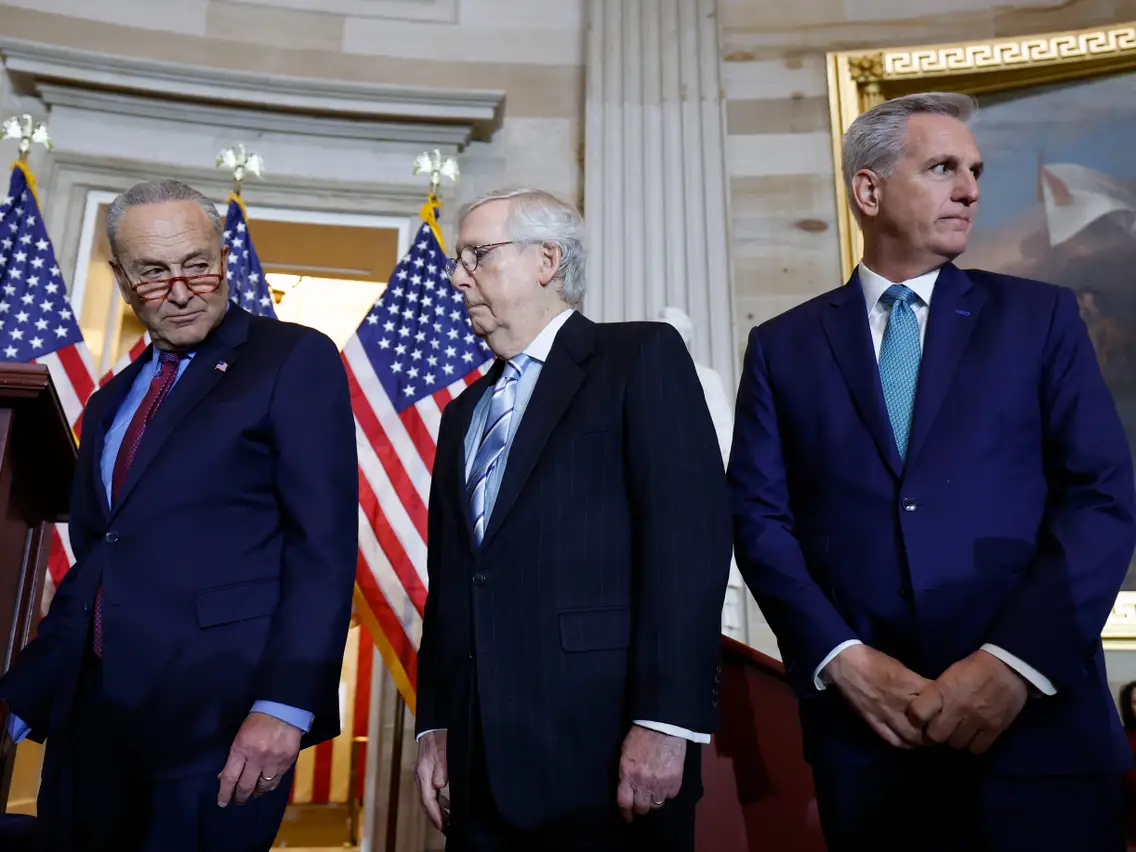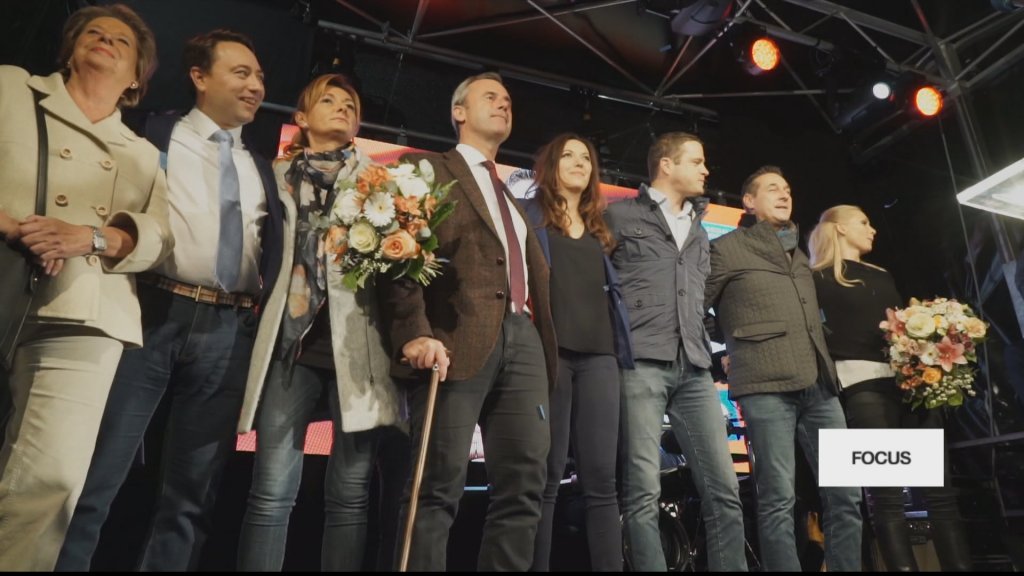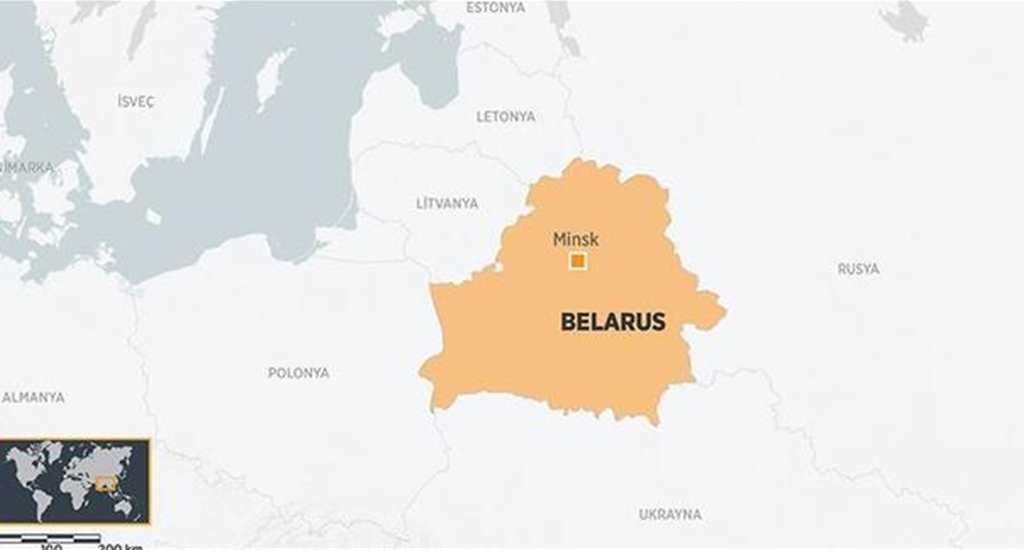
Christianity Today (5 January 2021)
Interview by: Jayson Casper
Answers by: Archbishop Vladyka Alexander
In exclusive interview, head of Russian Orthodox Church in Baku invites defeated Armenians into economic cooperation after Nagorno-Karabakh conflict and laments lost ethnic fraternity.
The saying is clear: To the victor go the spoils.
And morally, with them comes the burden of peace.
In November, Christian-heritage Armenia surrendered to Muslim-majority Azerbaijani forces besieging the Caucasus mountain area of Nagorno-Karabakh. The ceasefire agreement ended a six-week war that cost each side roughly 3,000 soldiers and left unsettled the final status of the Armenian-populated enclave they call Artsakh.
Azerbaijan, however, recovered the rest of its internationally recognized territory, including the historic city of Shushi. The first Karabakh war ended in 1994 and displaced hundreds of thousands from their homes on both sides.
Archbishop Alexander, head of the Russian Orthodox Church in Azerbaijan, reached out to CT to promote a process of reconciliation.
It will not be easy.
Azerbaijanis returning to Adgam, left in ruins by Armenian occupation for 25 years, will see for the first time the damage to their city once inhabited by 30,000 people. Its mosque was relabeled “Persian,” while 63 of Nagorno-Karabakh’s 67 mosques are said to be razed to the ground.
Meanwhile, Catholicos Karekin II, head of the Armenian Apostolic Church, issued a plea to save the ancient heritage of Armenian church properties lost in the war. In 2005, a gravesite containing sixth-century khatchkar crosses was destroyed in the Azerbaijani enclave of Nakhchivan.
Azerbaijan has pledged to preserve them. But the United Nations’ cultural arm UNESCO stated that its authorities have failed to respond to several requests to deploy an independent fact-finding mission.
Meanwhile, members of Azerbaijan’s Christian Udi minority were dispatched to hold services in the ninth-century Dadivank Monastery. The Udi are related to the Caucasian Albanian Christians, assimilated into other ethnic groups a thousand years ago. But Azerbaijan maintains the churches of the region are actually Albanian, and not Armenian in origin.
International academics find it difficult to examine all the historical sources. But one nonaligned expert stated the theory has “little currency outside of Azerbaijan,” calling it “bizarre.”
Efforts at reconciliation must also overcome the trauma of war.
Azerbaijan stated that 100 civilians were killed in the shelling of populated areas, while Armenia stated at least 55 civilians were killed. Human Rights Watch condemned the use of cluster munitions on both sides.
Amnesty International has similarly documented video footage showing mistreatment of captured soldiers—including decapitations.
Alexander, elevated to archbishop in 2012, is not a neutral peacemaker.
Early in the war, he signed an Azerbaijani interfaith letter congratulating President Ilham Aliyev on his military victories. A later letter pledged that Azerbaijan was not seeking the displacement of Armenians in Nagorno-Karabakh and offered them autonomy.
But after the war, amid claims of Azerbaijan erasing Armenian cultural heritage, a third letter endorsed the Albanian origin of churches and defended the nation’s multireligious character.
Aliyev has since retracted the offer of autonomy.
Of Azerbaijan’s population of 10 million, 96 percent are Muslim—roughly two-thirds Shiite and one-third Sunni. Alexander’s Russian Orthodox represent two-thirds of Christians, while over 15,000 Jews date back to the Old Testament era.
A peacemaker, however, does not need to be neutral, only committed.
Speaking through a translator, Alexander described his experience of past good relations between Armenians and Azerbaijanis, his hope for future economic cooperation, and his present willingness to meet with Catholicos Karekin II:
To read the rest of the article, please click: https://www.christianitytoday.com/news/2021/january/archbishop-alexander-azerbaijan-armenia-nagorno-karabakh.html
© 2009-2025 Avrasya İncelemeleri Merkezi (AVİM) Tüm Hakları Saklıdır
Henüz Yorum Yapılmamış.
-
 WHY IS BIDEN DOING ANOTHER POINTLESS SUMMIT FOR DEMOCRACY? - RESPONSIBLE STATECRAFT - 27.03.2023
WHY IS BIDEN DOING ANOTHER POINTLESS SUMMIT FOR DEMOCRACY? - RESPONSIBLE STATECRAFT - 27.03.2023
Daniel LARISON 28.03.2023 -
 US DEBT CEILING - 14.06.2023
US DEBT CEILING - 14.06.2023
Deniz ÜNVER 14.06.2023 -
 THE RENEWAL PROCESS OF EU-AZERBAIJAN PARTNERSHIP AGREEMENT POINTING TO WHAT?
THE RENEWAL PROCESS OF EU-AZERBAIJAN PARTNERSHIP AGREEMENT POINTING TO WHAT?
Tutku DİLAVER 06.10.2017 -
 80TH ANNIVERSARY OF ANSCHLUSS: EUROPEAN VALUES BEING TRAMPLED AS FAR RIGHT RISES - DAILY SABAH - 04.04.2018
80TH ANNIVERSARY OF ANSCHLUSS: EUROPEAN VALUES BEING TRAMPLED AS FAR RIGHT RISES - DAILY SABAH - 04.04.2018
Teoman Ertuğrul TULUN 05.04.2018 -
 BELARUS'UN ANATOMİSİ - SÖYLEDİK.COM - 21.08.2020
BELARUS'UN ANATOMİSİ - SÖYLEDİK.COM - 21.08.2020
Deniz BERKTAY 24.08.2020


